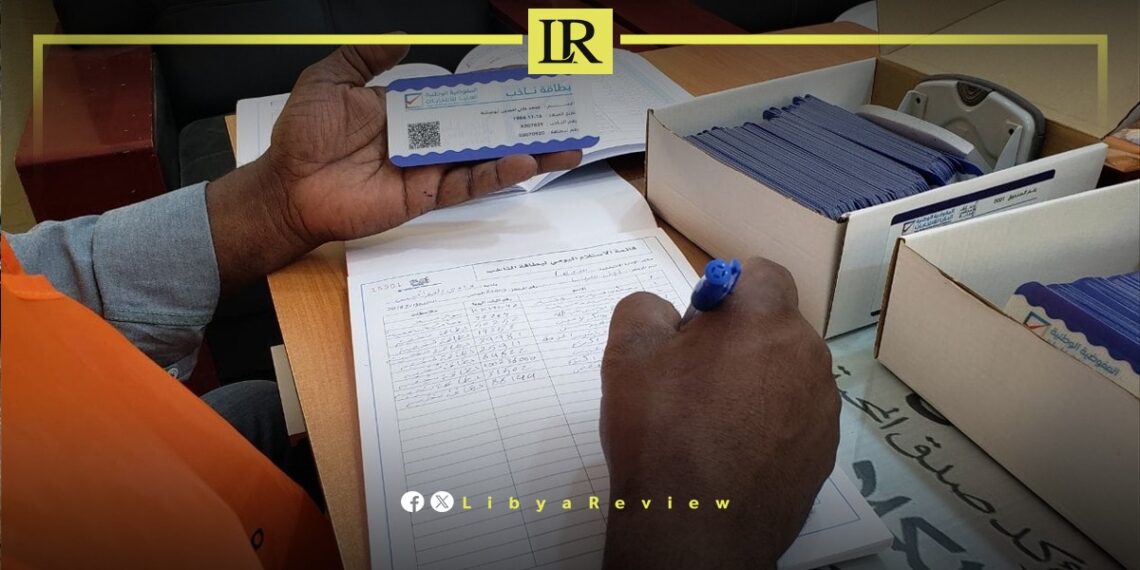The recent Municipal Council elections across Libya have witnessed an unprecedented voter turnout, signaling a robust commitment to democratic processes in the region. On August 30, 2024, 127,241 citizens, comprising 60% of the electorate, participated in the elections, according to data released by the Libyan High National Elections Commission (HNEC).
These elections, which covered over 60 municipalities, have been noted for their smooth execution and transparency. Among the voters, there was a significant representation of women, with 38,717 female voters making up 63% of the female electorate. Men were not far behind, with 88,524 participating, accounting for 59% of the male electorate.
The high turnout is attributed to extensive voter education campaigns and improved security measures, which ensured that citizens could cast their votes safely. The elections also saw the use of electronic voting systems, which facilitated efficient vote counting and results announcement.
This surge in participation reflects a growing political awareness among Libyans and an increasing trust in electoral processes as a means to influence the future direction of their municipalities and the country at large. The successful conduct of these elections is a hopeful indicator of Libya’s progress on its path to stability and governance reform.
Libya has been in chaos since a NATO-backed uprising toppled longtime leader Muammar Gaddafi in 2011. The county has for years been split between rival administrations.
Libya’s economy, heavily reliant on oil, has suffered due to the ongoing conflict. The instability has led to fluctuations in oil production and prices, impacting the global oil market and Libya’s economy.
The conflict has led to a significant humanitarian crisis in Libya, with thousands of people killed, and many more displaced. Migrants and refugees using Libya as a transit point to Europe have also faced dire conditions.
The planned elections for December 2021 were delayed due to disagreements over election laws and the eligibility of certain candidates. This delay has raised concerns about the feasibility of a peaceful political transition.
Despite the ceasefire, security remains a significant concern with sporadic fighting and the presence of mercenaries and foreign fighters. The unification of the military and the removal of foreign forces are crucial challenges.


